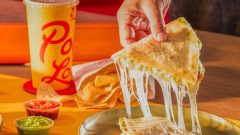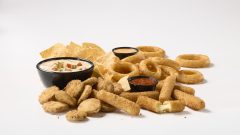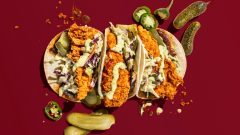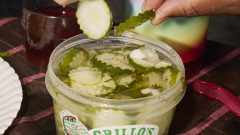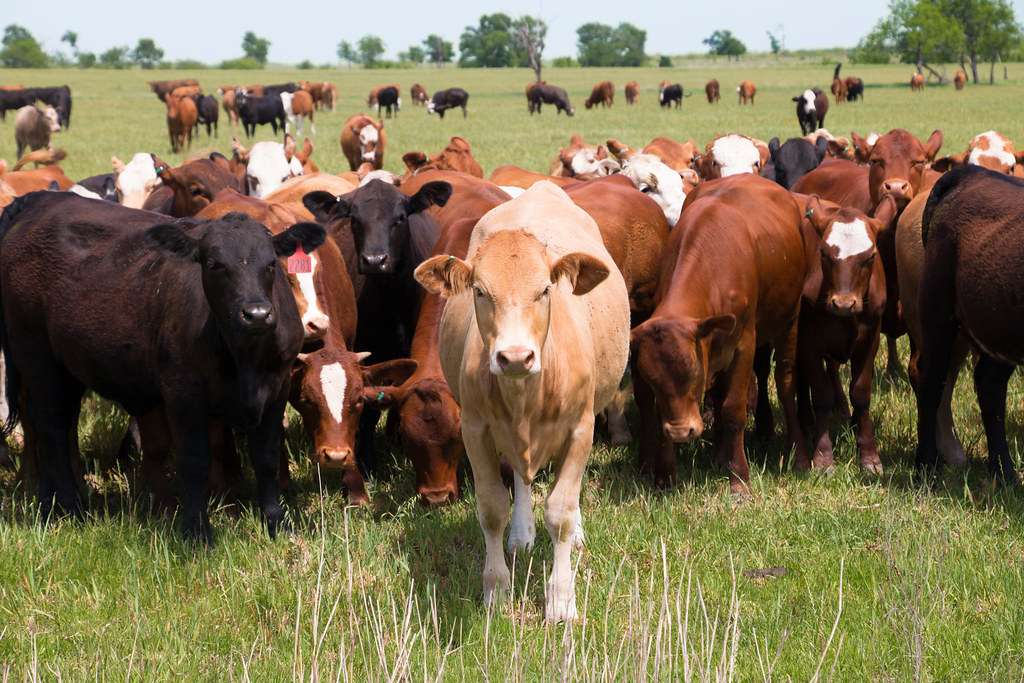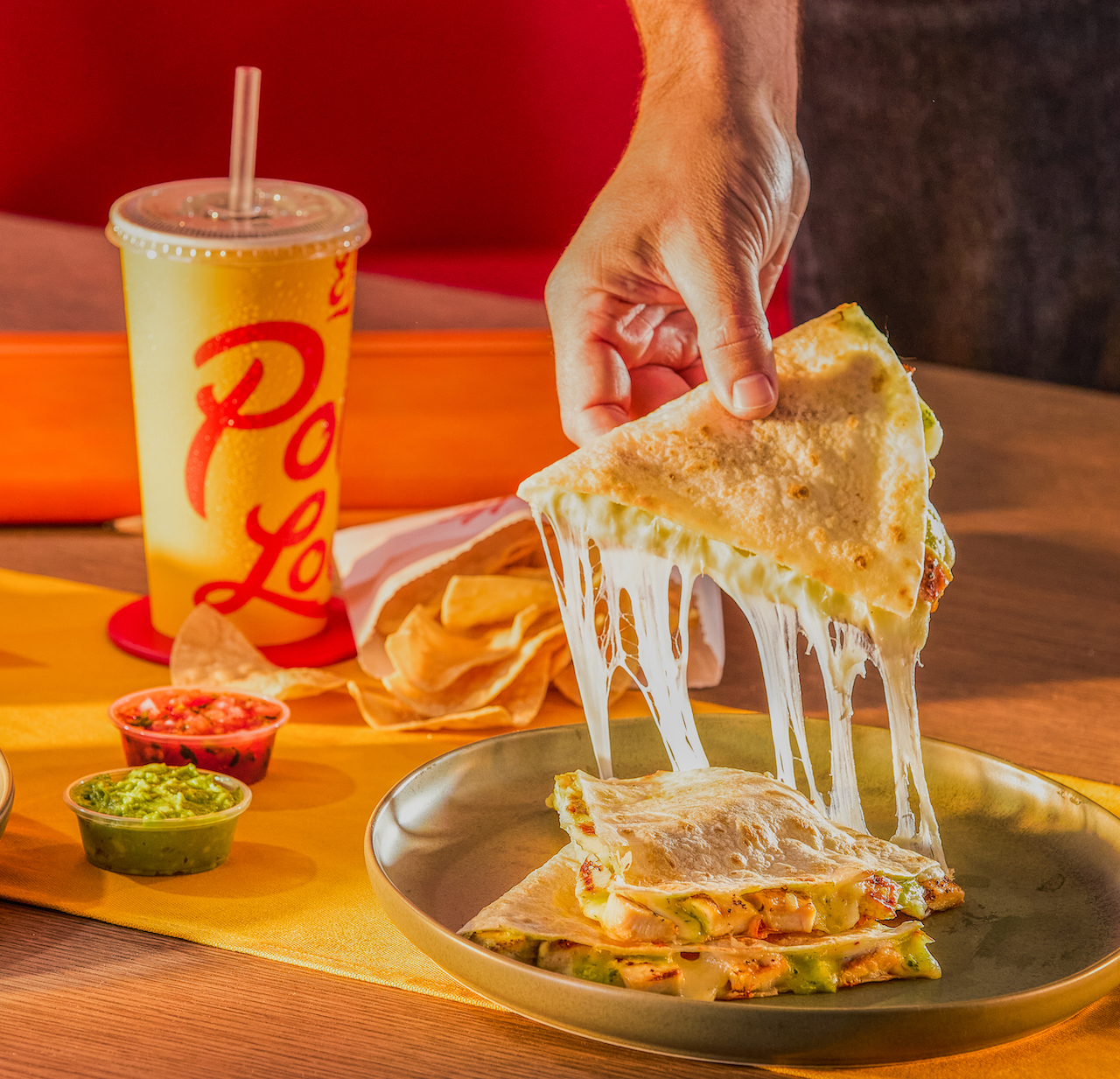10 Of The Most Unexpected Food Origins From Around The World
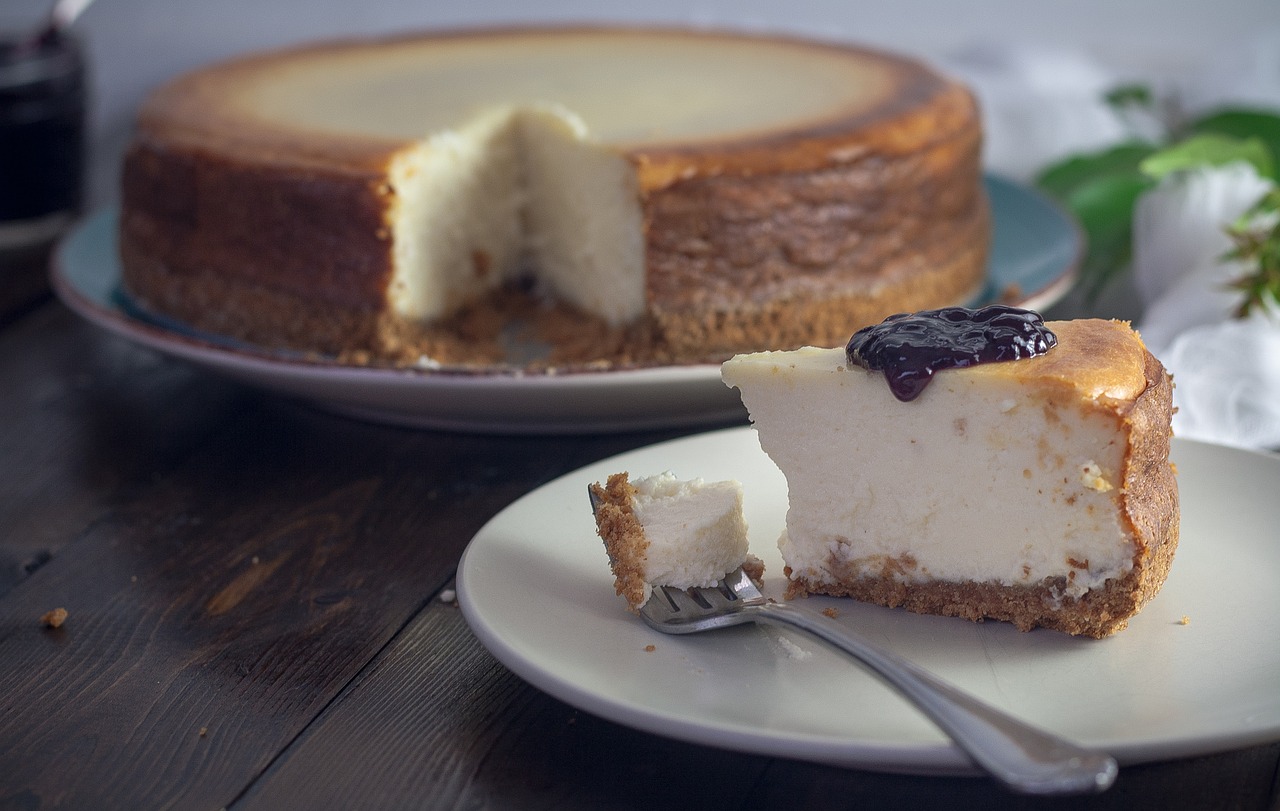
Have you ever wondered where cheesecake, donuts, or apple pie really come from? We typically associate these desserts and other food items with certain cuisines. As such, the unexpected origins of these foods will definitely shock you. Several of the following dishes originated in places you may not associate them with today. However, with the rich interaction of cultures through trade and more across time, we’ve all blended each other’s recipes. That’s clearly evident in these different delicacies, all of which come from places you couldn’t possibly predict.
Donuts
While the glazed and sometimes over-the-top treats are common in the USA, their history goes much further back in time. It was actually the ancient Greeks who invented the first donuts, also known as loukoumades. They were originally given as prizes to winners of the ancient Olympic games, marking the donut as a prized treat that’s lasted to this day.
Croissants
Croissants are definitely an icon of French cuisine, but they didn’t start out that way. They were inspired by the Austrian treat known as kipfel, a crescent bread that’s typically served today as a cookie. It likely first appeared in France when the first Viennese bakery in Paris opened up in 1838. From then on, Parisians fell for the bread, eventually incorporating their own puffed pastry to make it the flaky French bread we all know and love.
Kiwi
These oblong fruits were brought over from New Zealand to California in 1962, which is when they got their iconic name. Before then, they were known as gooseberries, and seeds grown in New Zealand had been imported from China since the early 1900s. The Chinese gooseberry (the kiwi’s old name) was grown along the Yangtze River and prized for its flavor. Nowadays, the name does suggest some New Zealand origins, but we cannot forget the fruit’s Chinese roots.
Caesar Salad
You can find this salad in scores of American restaurants across the country, but its origins fall outside of the country’s borders. Italian-American restaurateur Caesar Cardini developed his recipe for the iconic dish in Tijuana, Mexico, where the salad first gained its acclaimed fame. It’s one of the greatest recipes to come out of the Americas in the past century, that’s for sure. Just make sure to attribute Mexico as the true country where it came from.
Mongolian BBQ
It’s difficult to truly pinpoint the origins of Mongolian BBQ, but it’s pretty obvious that it’s not Mongolian in origin. Many sources point to Taiwan as the original innovator of this style back in the 1950s. The name “Mongolian BBQ” may have been a marketing scheme cooked up by its inventors. The style appears to be a blend of Japanese teppanyaki and Taiwanese stir-fry, which makes sense considering how the food is prepared. Still, the true origins of Mongolian BBQ appear to be at least partially unknown for the time being.
French Fries
We all know the famous story of how Thomas Jefferson introduced French fries to the United States after spending time there as a foreign minister. Evidence shows, however, that the fries actually aren’t from France at all. Belgium appears to be the true home of the fry because of stories surrounding their origins. The Belgians would fry potatoes as a food source to replace fish when rivers froze over in the winter. They’re currently trying to make the fried spud an official cultural icon of Belgium, so we’ll see if their claims prove to be true or not.
Apple Pie
“As American as apple pie” may just be showing off how much of an immigrant country we are. While the autumn dessert staple is wildly popular in the states, the first recorded recipe for this pie is actually from England. That recipe called for figs, pears, and even saffron, so it’s a far cry from a modern apple pie. Still, this just shows how similar we really are to our cousins across the pond.
Scotch Eggs
This British staple of a soft-boiled egg encased in deep-fried sausage meat is synonymous with UK cuisine. It didn’t originate there, however. The dish appears to have come to Britain along with the colonization of India, who has an older recipe called Nargisi Kofta that is strikingly similar to the Scotch Egg. Nargisi Kofta consists of ground meat encasing a hard boiled egg that originates from Mughlai cuisine. Considering Britain’s history with India, it makes sense that the Scotch Egg arises from this classic.
Pasta
Think about pasta, and you’ll almost immediately jump into the world of Italian food. Their pasta, however, actually descends from ancient Chinese noodles. The major belief is that the recipe for noodles was brought over to Italy thanks to Marco Polo, the famous explorer who traveled to China in the 14th century. From there, tons of variations on noods have sprung up over the years, like the American spaghetti and meatballs or Greek orzo. It’s China, however, that we have to thank for pasta becoming such a treasured starch staple around the world.
Cheesecake
I gotta give a shout out to my home island here, as we were responsible for bringing this American dessert icon to life. Moulds for the cakes of cheese that were excavated on the Greek island of Samos are estimated to be nearly 2,000 years old. Cheesecakes were later fed to Olympians as an energy source, and were simply made from flour, wheat, honey, and cheese. The New York style, which includes the American-made cream cheese, was developed much later. Ultimately, though, it’s from a rich history of cheese cakes that started in Greece that this dessert truly comes from.



